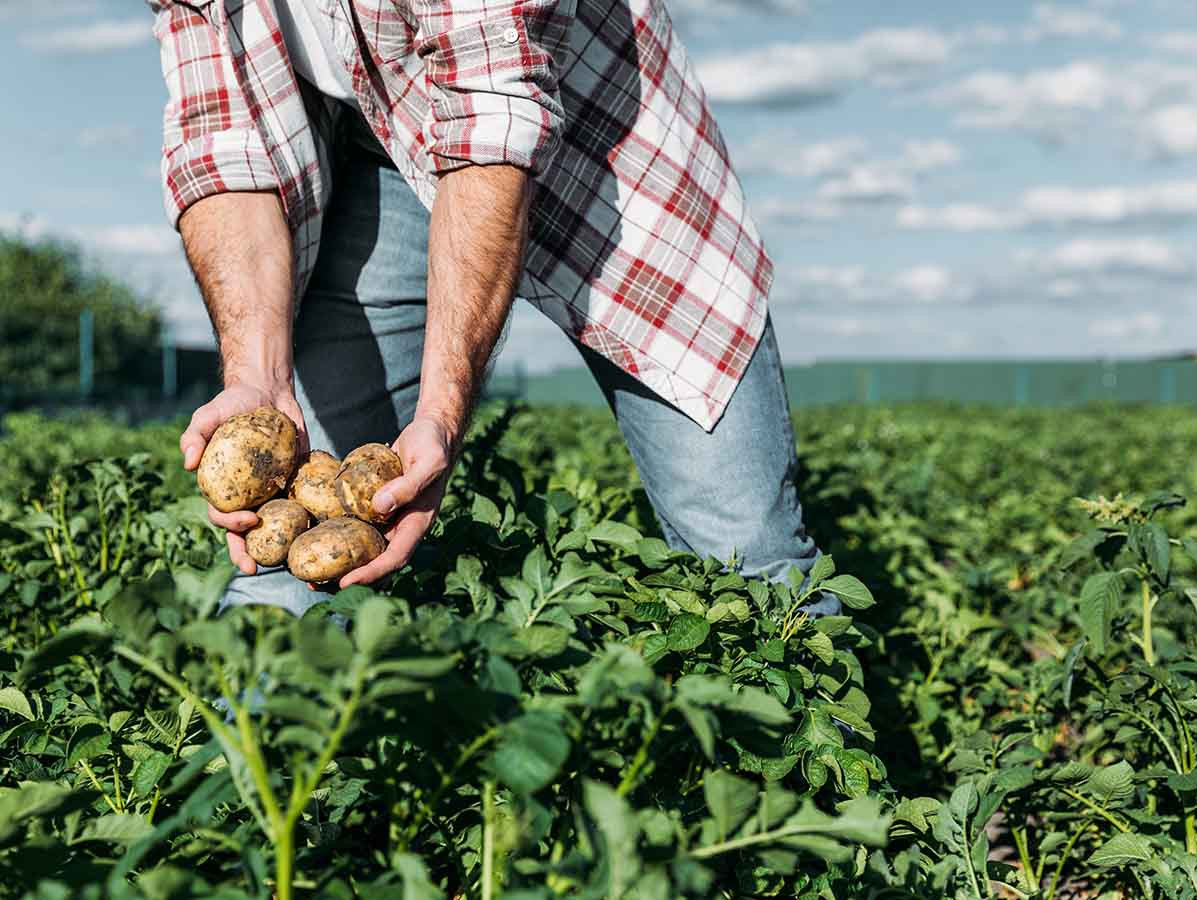
The organic food and agriculture sector is in a dynamic phase, with a growing demand for sustainable food production. Despite this demand, market growth is currently stagnant, posing challenges for the industry. This update from Rabobank highlights the current market developments, opportunities, obstacles, and strategies to achieve the ambition of 15% organic farmland in the Netherlands.
In recent years, organic farmland in the Netherlands has grown to approximately 4%. Until 2021, there was a increasing demand for organic products, mainly driven by consumer awareness and favorable economic conditions. However, since 2021, market demand has stalled, with the share of organic products hovering around 3% of total food expenditures. This stagnation is attributed to recent inflation, making consumers more price-conscious and opting for cheaper alternatives.
The sector faces the challenge of promoting sustainability while consumers are hesitant to pay more for organic products. A recent study distinguishes four reward models, ranging from voluntary certification to generic levies on consumer products. Each model has pros and cons, with the complexity of implementation and societal agreement being crucial factors.
To achieve the ambition of 15% organic farmland in the Netherlands, distribution channels such as retail and supermarkets must take responsibility. Inspiring examples show that expanding the organic assortment and making it more affordable can drive market momentum. There are opportunities in providing 'mental convenience' for consumers, with food companies assisting consumers in making more sustainable choices.
To realize the growth ambition from 4% to 15% by 2030, the sector must make collective agreements and raise production standards. The government can adopt true value principles, pricing the negative side effects of less sustainable products. The recent action plan from the Dutch government underscores the need to create a sustainable food system where production is better balanced with nature.
Despite uncertainties, there are five transition paths for individual farmers and growers, including innovating, relocating, intensifying, switching, and stopping or ceasing operations. Almost all scenarios offer opportunities for transitioning to organic farming, which can generate new revenue models and be an integral part of innovation strategies.
Source: Rabobank